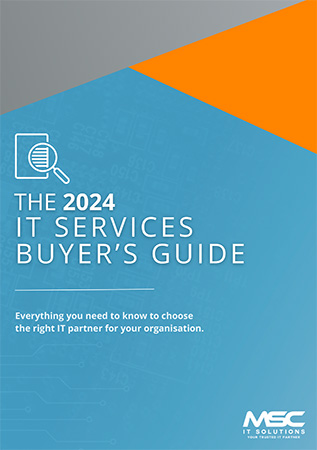

Microsoft is alerting business owners about a new type of phishing scam, where cybercriminals impersonate trusted sources to deceive you into revealing login credentials. This scam exploits popular cloud services like SharePoint and OneDrive.
Although these platforms are generally secure, scammers have discovered ways to manipulate privacy settings and bypass security measures.
The attackers gain access to your cloud storage by stealing your login details, often purchased on the dark web. Once inside, they upload files designed to look legitimate, such as fake Microsoft 365 login pages. These files are set to "view-only" or restricted to specific individuals, like you or your team.
Interacting with these files or clicking links in the associated emails could lead to severe consequences for your business. Scammers may use your credentials to infiltrate your systems or deploy malware to disrupt operations and steal sensitive information.
Recovering from such attacks can be costly and time-intensive, with potential harm to your business’s reputation.
To protect your business, ensure your employees are aware of this threat and remain cautious when opening emails, even those appearing to come from trusted sources. Always verify the sender’s identity before opening shared files, and if anything seems suspicious, contact the sender directly for confirmation.
Implement multi-factor authentication (MFA) across all devices used by your team. MFA adds a layer of protection by requiring a second verification step, like a code sent to your phone, alongside your password. Additionally, keep your security software up to date to defend against the latest threats.
Need help safeguarding your business with enhanced security, employee training, and ongoing monitoring? Reach out to us today.



